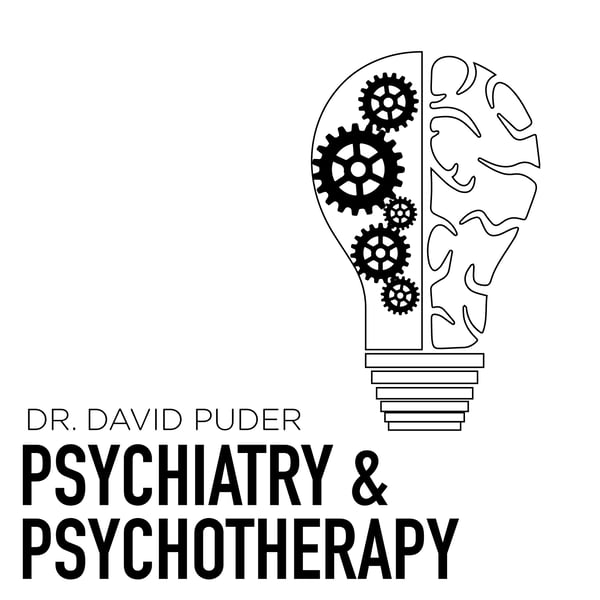Adverse Childhood Experiences Part 2: Measurement, Impact on Future Mental Health, Dissociation, and Timing of Trauma
Psychiatry & Psychotherapy Podcast
David J Puder
4.8 • 1.3K Ratings
🗓️ 2 February 2024
⏱️ 56 minutes
🧾️ Download transcript
Summary
In this week’s episode of the podcast, we will continue our discussion regarding adverse childhood experiences (ACEs) and their influence on the development of future mental health disorders. The greatest predictive factor of the relationship between ACEs and future mental health disorders has to do with the severity, duration, and number of traumatic events. We’ll explore the Childhood Trauma Questionnaire and the data of how ACEs increase the risk of certain personality disorders and psychiatric conditions.
Link to blog:
Transcript
Click on a timestamp to play from that location
| 0:00.0 | All right. Welcome back to the podcast. I am joined once again with Liam Browning and Annabelle |
| 0:19.4 | Koon. Annabelle is a person that works in my practice. He's patients out here in Florida |
| 0:24.8 | with me. Liam Browning is a medical student who is and has worked tirelessly on the series. We |
| 0:33.3 | are doing a series on adverse childhood experiences, also known as ACEs or ACE that's adverse childhood |
| 0:40.8 | experiences. And this will be part two. And so this is going to be a series. I have some really |
| 0:48.1 | exciting future guests coming on. I will keep you in suspense over who they are. But let's start |
| 0:55.2 | out. Liam, what is the current evidence on ACEs increasing risk of mental health disorders? |
| 1:04.0 | Yeah. Before we sort of dive into the literature here, I wanted to preface by saying that there is |
| 1:09.7 | a large degree of heterogeneity in a lot of these studies, meaning like as we're seeing an |
| 1:16.6 | exponential increase in the number of studies addressing this topic, we're going to see studies |
| 1:21.8 | that use different methods and we're going to see studies that identify different metrics that |
| 1:27.6 | they recognize as important. And what I mean by that is we're going to see studies looking at, |
| 1:32.4 | oh, there's hippocampal decreased volume. That explains the effect of ACEs on mental health. |
| 1:37.2 | We're going to see studies looking at, oh, this is self-esteem problem. This is an inflammation problem. |
| 1:42.3 | We're going to see a whole number of studies finding one metric and trying to explain that as |
| 1:48.0 | the most important thing explaining the association between ACEs and mental health outcomes. |
| 1:54.5 | And as we start to see this effect, we should try to balance that with our clinical judgment |
| 2:01.6 | and our real life intuition because these are individuals that we're talking about here who |
| 2:08.4 | have experiences traumas and each person is going to be affected by their traumas differently |
| 2:13.4 | and that's going to lead to different outcomes. And you can't always just reduce their experience |
| 2:18.5 | down to these finite sets of metrics. And there's going to be so many different confounders and looking |
| 2:23.9 | at how one-day exposure leads to a psychiatric outcome. So I just want to preface all that by |
... |
Please login to see the full transcript.
Disclaimer: The podcast and artwork embedded on this page are from David J Puder, and are the property of its owner and not affiliated with or endorsed by Tapesearch.
Generated transcripts are the property of David J Puder and are distributed freely under the Fair Use doctrine. Transcripts generated by Tapesearch are not guaranteed to be accurate.
Copyright © Tapesearch 2025.

